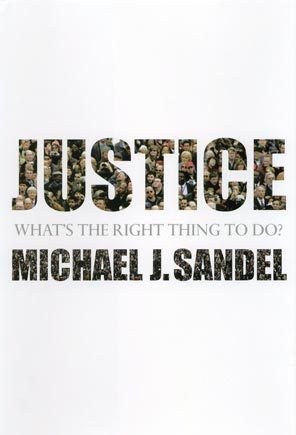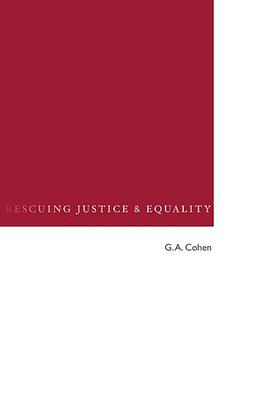Justice 豆瓣
9.0 (8 个评分)
作者:
[美国] 迈克尔·桑德尔
Allen Lane
2009
- 9
Harvard government professor Sandel (Public Philosophy) dazzles in this sweeping survey of hot topics—the recent government bailouts, the draft, surrogate pregnancies, same-sex marriage, immigration reform and reparations for slavery—that situates various sides in the debates in the context of timeless philosophical questions and movements. Sandel takes utilitarianism, Kant's categorical imperative and Rawls's theory of justice out of the classroom, dusts them off and reveals how crucial these theories have been in the construction of Western societies—and how they inform almost every issue at the center of our modern-day polis. The content is dense but elegantly presented, and Sandel has a rare gift for making complex issues comprehensible, even entertaining (see his sections entitled Shakespeare versus the Simpsons and What Ethics Can Learn from Jack Benny and Miss Manners), without compromising their gravity. With exegeses of Winnie the Pooh, transcripts of Bill Clinton's impeachment hearing and the works of almost every major political philosopher, Sandel reveals how even our most knee-jerk responses bespeak our personal conceptions of the rights and obligations of the individual and society at large. Erudite, conversational and deeply humane, this is truly transformative reading.

